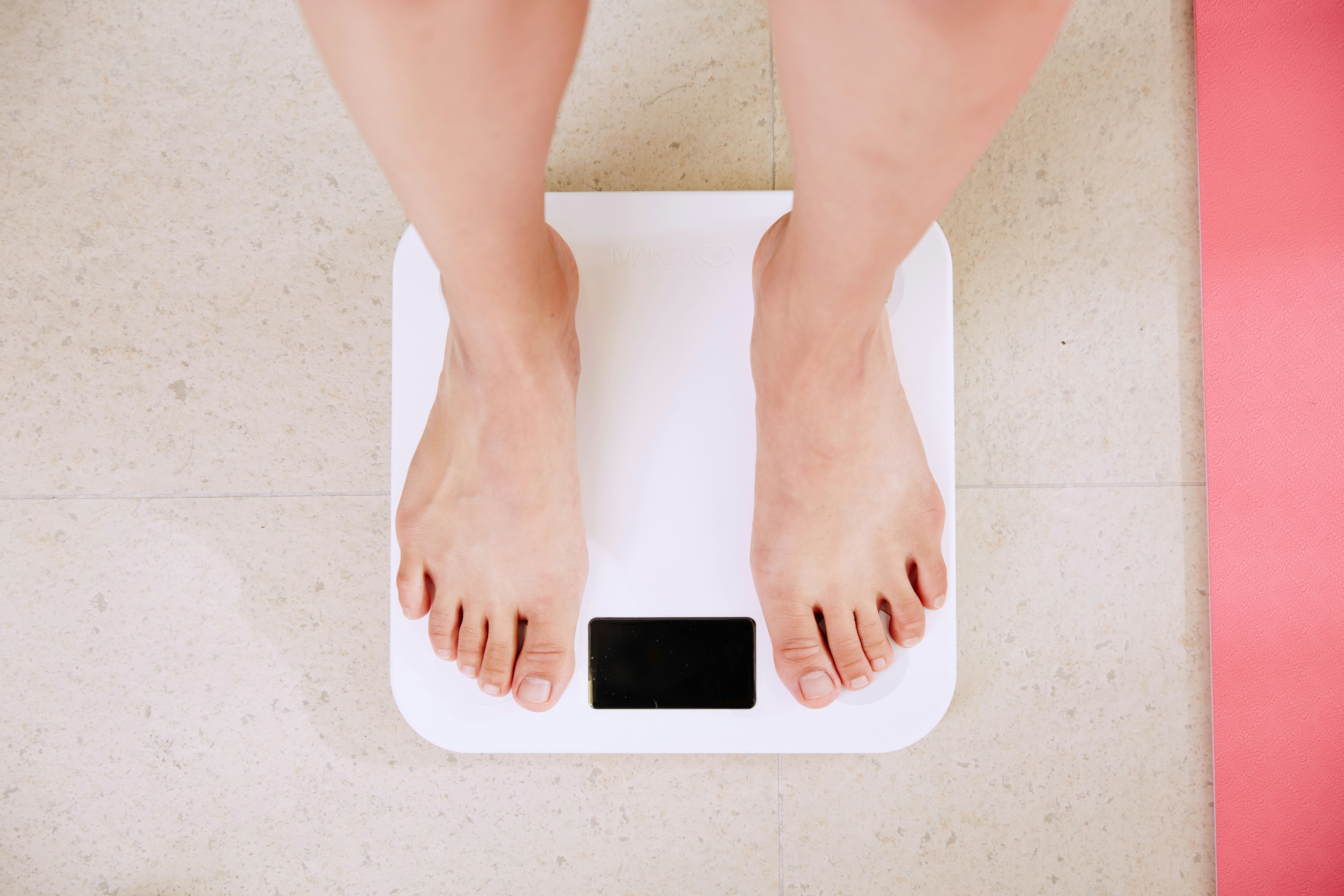The body mass index (=BMI) is considered an important measurement tool and is frequently used by your medical team to assess weight. BMI plays a crucial role in your health, as maintaining a healthy weight reduces the risk of developing numerous chronic diseases, such as diabetes or cardiovascular conditions.
However, being underweight can also negatively impact your health. Possible consequences include a decrease in bone density (=osteoporosis) or a reduction in physical performance. For individuals with chronic kidney disease (=CKD), maintaining a healthy weight is particularly important.
Underweight and kidney health
Scientific studies often focus on the effects of severe overweight - often referred to as obesity - on kidney health and the progression of chronic kidney disease, while underweight issues receive less attention.
Some studies, however, indicate that being underweight (BMI < 18.5 kg/m²) may pose risks, particularly in relation to CKD. A study from Korea, for instance, showed that underweight individuals are more likely to develop kidney failure compared to those with normal weight. Although the connection is not yet fully understood, maintaining a healthy weight benefits both your kidneys and overall well-being.
10 Practical tips for sustainable weight gain
Gaining or losing weight is more like a marathon than a sprint. This means patience and perseverance are key. The following tips are not miracle solutions but practical ideas to help you establish sustainable weight-gain routines in your daily life.
1. Increase your caloric intake
To gain weight, you need to consume more calories than you burn – it’s often that simple! A common recommendation is to consume about 300 to 500 extra kcal per day beyond your body's active expenditure. Your medical team or nutritionist can help you determine the exact calorie target for your specific needs.
2. Consume the right amount of protein
Protein helps your body build weight and muscle mass. However, ensure that your protein intake aligns with the guidelines for your chronic kidney disease. Your healthcare team can assist you with this.
3. Eat frequent meals
Eating several small portions throughout the day can help you gain weight. Setting a reminder or using an alarm can help you stay consistent with your meal schedule.
4. Choose high-caloric foods
Foods like nuts, avocados, and whole dairy products are rich in calories and can help you increase your daily caloric intake. However, always keep in mind any medical dietary restrictions, such as potassium or phosphate limitations, that may apply to your case. Avocados and some nuts, for example, are high in potassium, which may be relevant for later CKD stages. Be sure to consult with your medical team.
5. Seek psychological support
Underweight issues are often linked to eating disorders. In such cases, seeking support is crucial. You have every right to professional assistance from your healthcare team, especially in sensitive situations like these.
6. Get help from a nutritionist
Nutritionists are trained to help you reach your target weight with the right strategies. If you have diagnosed kidney disease, you may even qualify for nutrition counseling. Check with your healthcare team to see if you’re eligible.
7. Focus on sleep and stress management
Adequate sleep and effective stress management support healthy weight regulation. Relaxation techniques such as yoga or meditation can help you manage stress.
8. Use larger plates or bowls
People who use larger plates or bowls tend to eat more. What sounds like a simple trick actually works in many cases – just give it a try!
9. Quit smoking
Smoking can suppress appetite. Quitting smoking can therefore be beneficial for gaining weight. Your medical team can provide helpful resources and support to help you quit.
10. Seek support from others
Connect with like-minded individuals who share similar goals and exchange experiences regularly. Talking to others can be motivating and help you stay on track with your goals. Patient support groups can be a great resource.
How do I get started?
Before you start making changes, consult your medical team. They can provide valuable support and important information about healthy weight gain. You should also discuss any lifestyle adjustments with your doctor to ensure that they are suitable for your individual needs.
















